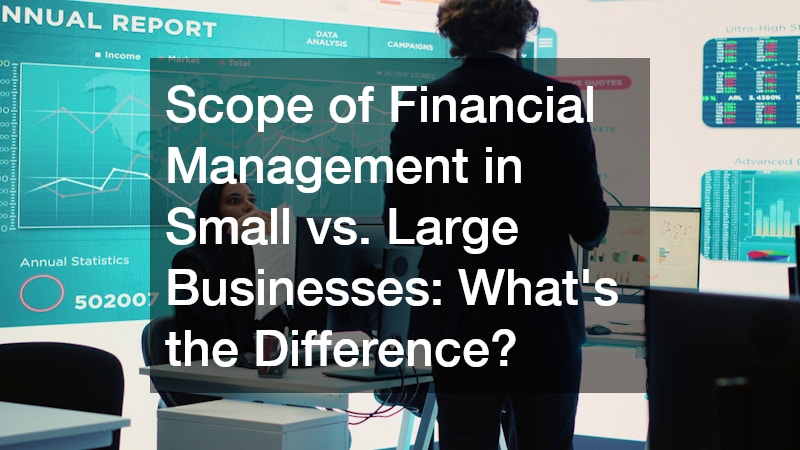- Consider financing options and location when investing in vacation rental homes for the highest return on investment.
- Research local regulations and taxes to ensure compliance and profitability in any rental situation.
- Assess the current market potential for a given property to avoid overpaying for it to be profitable.
- Calculate the cost of ownership to understand the total financial picture of a potential investment.
Investing in vacation rental homes can be a great way to generate passive income and build wealth. But before you take the plunge, it’s essential to consider several factors that could affect your investment. With these considerations in mind, investing in vacation rental homes can be an exciting opportunity with potential long-term rewards.
Purchase Considerations
Here are some things you need to research before purchasing vacation rental homes:
Financing Options

It is crucial to properly consider all financing options available. There are a variety of loan types available, so doing research and understanding each loan’s terms is essential for success. One strategy to consider is finding affordable home loans to help lower long-term costs.
Shopping around for the best interest rate or researching government-insured loans could save money over the life of the loan. With proper financial planning, investors can ensure that their vacation rental homes remain a lucrative investment.
Location
Investing in vacation rental homes can be a great opportunity, but it requires thoughtful consideration of the location. Location is crucial because it determines the level of demand for rentals and the potential return on investment.
Factors like local regulations, seasonal variation, nearby attractions and amenities, competition, access to transportation, and local economic conditions all affect any future income from vacation rentals. Researching these factors in advance can help investors make an informed decision that leads to more tremendous financial success with vacation rental properties.
Taxes

Considering taxes when investing in vacation rental homes is a crucial part of the process. Taxes can become very costly, and paying them on time can lead to significant penalties. It’s important to realize that vacation rental home income is generally taxed as regular income, so state and federal taxes will likely apply.
Furthermore, depending on the location of the property, local taxes may need to be paid as well. Failing to research tax requirements for a particular area can negatively impact how much money one actually makes from the investment. That’s why a significant key to being successful with vacation rental investments lies in doing diligent research about what kind of taxes are involved in order to ensure a healthy return on investment.
Cost of Ownership
When investing in vacation rental homes, it is essential to consider the cost of ownership. This involves looking at all associated ownership costs, including mortgage costs, monthly maintenance fees, insurance premiums, property taxes, and any interest charges. While calculating these figures may be time-consuming and tedious, understanding the total cost of ownership for an investment property can help clarify its potential earnings and investment value.
Not only does this give buyers a more accurate idea of their return on investment (ROI), but it also helps them make a more informed decision about whether or not the property is worth pursuing. It is important to account for factors like these to avoid higher costs than expected further down the road. Before buying vacation rental homes, investors must make sure that they are wholly aware of potential risks and rewards before committing to financially investing in one.
Regulations
You need to know a variety of regulations to ensure compliance and the best possible return on investment. This can involve everything from making sure the property is up to building and safety codes to abiding by noise ordinances, zoning regulations, and restrictions specific to vacation rentals in that particular location.
Understanding relevant laws and guidelines can also impact how much you can charge for daily or weekly rentals, additional taxes or costs due when renting out the property, and what type of insurance is needed. Careful research into local regulations is an essential part of planning any rental property investment; failure to comply with these rules can mean costly fines or even legal liability down the road.
Rental Market Potential
It is essential to properly consider the potential of the rental market. Understanding local competition, seasonal fluctuations in demand, and recent trends are all elements to be taken into account when assessing the market potential of a property.
Failing to adequately assess the market can lead to overpaying for a home or being unable to generate enough rentals for it to be profitable. Taking the time to study local statistics and talk with experienced professionals about their insights will help foster an informed decision and prevent any unintended surprises or common pitfalls associated with investing in real estate.
These are just some of the considerations when it comes to investing in vacation rental homes. Doing your due diligence and researching all relevant aspects of a potential investment can help ensure that you make an informed decision, take advantage of the latest opportunities, and receive a high return on investment.





